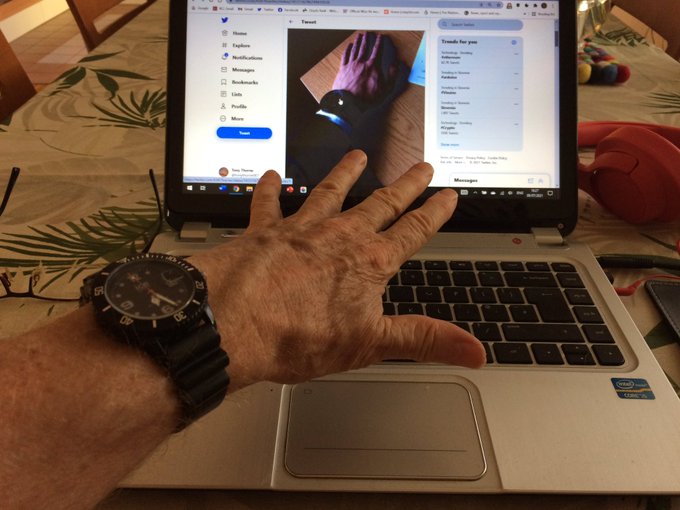On Burnout, Decompression, Re-entry Syndrome – and Calling It a Day

Still mulling over the words of Dr Mike Ryan of the World Health Organisation, who described plans by the UK Government for a general relaxation of COVID-protection policies in ten days time as ‘moral emptiness and epidemiological stupidity’, I was invited to join a discussion on London’s Voice of Islam radio station about the notion of ‘Pandemic Fatigue’ and its implications.
The full discussion is here, with my contribution beginning at 44 minutes…
We can see then, that ‘pandemic fatigue’ can sometimes be a useful, neutral, technical designation, and this is how the WHO itself presented it in 2020…
We can become aware, too, that ‘pandemic fatigue’ is a very conflicted term: although used by the WHO and by ‘ordinary’ people to describe their very real exhaustion, it has also been used, like ‘compliance fatigue’ by authorities to blame the public for disobeying…
https://blogs.bmj.com/bmj/2021/01/07
Despite being locked down myself, in exile for the moment, this was another busy day, with long, mainly heated and indignant discussions taking place on Twitter of what ‘indigenous’ might mean in the context of the UK, triggered by the assertion by Tory MP Andrew Bridgen that the ‘indigenous’ population of the UK will not tolerate immigration. The offending word is an ambiguous and context-dependent term currently. Recent examples have referred to Canada’s First Nations in the harrowing context of deaths in schools where indigenous children were confined. I don’t think it has been used by any reputable specialists in or about the UK, and its use at a time when an England football team of very mixed origins is being celebrated seems crass and provocative. (We don’t know who the ‘original’ inhabitants of the British Isles were, because there was no written record until 55 BCE, but they certainly immigrated, or invaded and colonised as did all the subsequent settler groups.)
On BBC Radio Bristol I once again answered listeners’ queries on the the etymology of popular expressions. This time, perhaps aptly in present circumstances, the phrase was ‘call it a day.’ First recorded in 1838 by US writer Joseph C Nolan in his Charcoal Sketches – A Study in the Humor of the Old Northeast, it was in the form ‘call it half a day’ and seems to have reflected the mixed feelings of weariness and resistance on the part of workers from the Philadelphia slums, deciding to knock off early or to award themselves a half-day holiday. By 1919, as the USA wearily emerged from war, the usage had mutated into ‘call it a day’: in 1938 ‘call it a night’ was first recorded.

I called it a day myself, at nine o’clock on a warm evening, pleased to have been awarded nine out of ten in a facetious Twitter competition for a photo of my hand, and recalling the louche philosopher Gurdjieff’s realisation that he had progressed from drinking from glasses to drinking from “what are called ‘tumblers'”…
